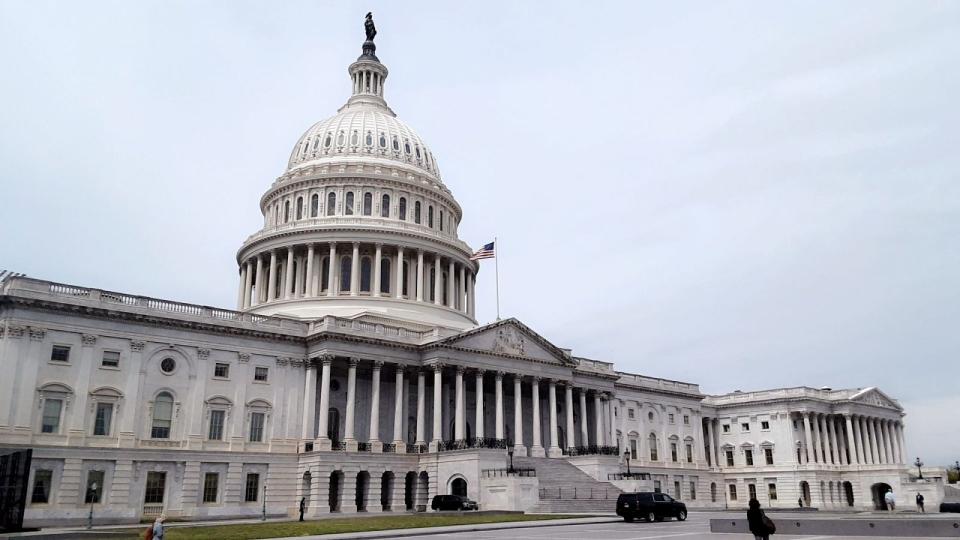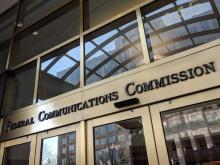Wi-Fi Threatened: Why Congress Might Be Undermining Our Digital Future - Episode 653 of the Community Broadband Bits Podcast

In this episode of the podcast, Chris is joined by Harold Feld (Public Knowledge) and Michael Calabrese (New America’s Open Technology Institute) to unpack the growing threat to Wi-Fi and shared spectrum like CBRS.
As Congress debates how to raise revenue through spectrum auctions, a Senate proposal could force the FCC to auction off the very spectrum Wi-Fi 7 needs to thrive—jeopardizing billions in economic value and the connected future we’ve come to depend on.
They break down what’s at stake, how we got here, and what you can do to help protect this vital public resource.
This show is 43 minutes long and can be played on this page or via Apple Podcasts or the tool of your choice using this feed.
Transcript below.
We want your feedback and suggestions for the show-please e-mail us or leave a comment below.
Listen to other episodes or view all episodes in our index. See other podcasts from the Institute for Local Self-Reliance.
Thanks to Arne Huseby for the music. The song is Warm Duck Shuffle and is licensed under a Creative Commons Attribution (3.0) license





